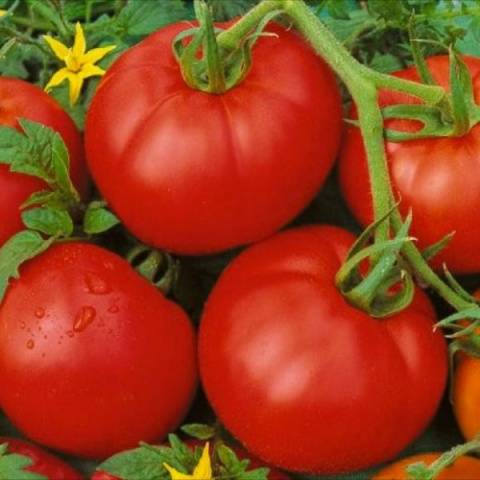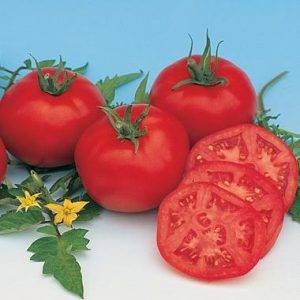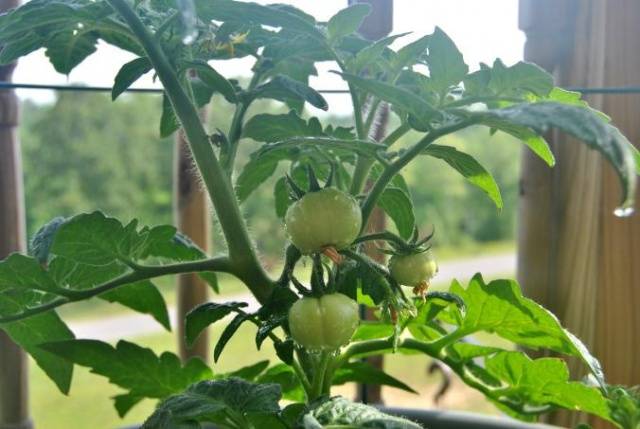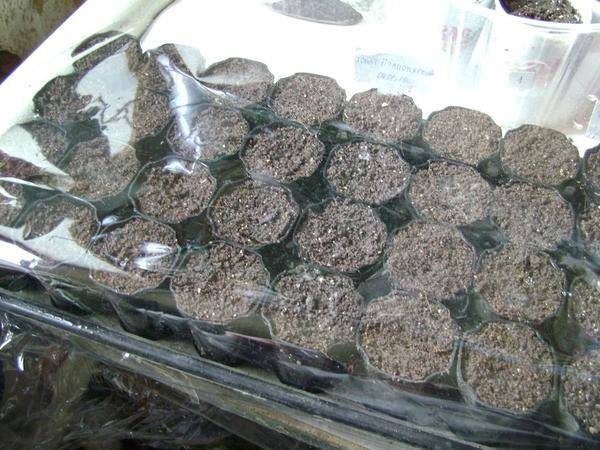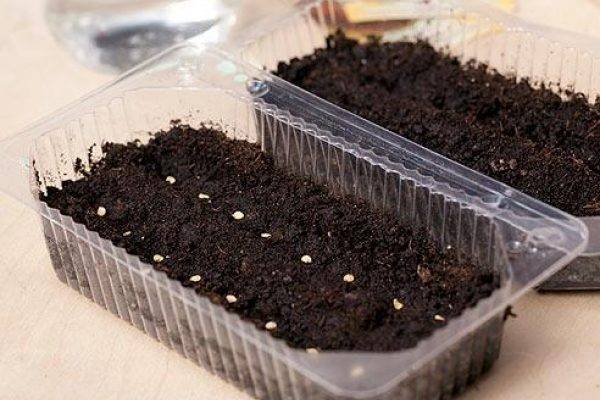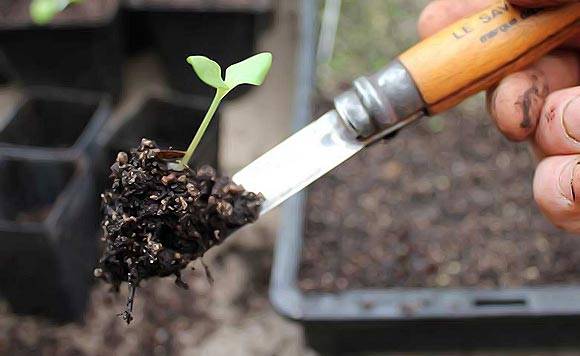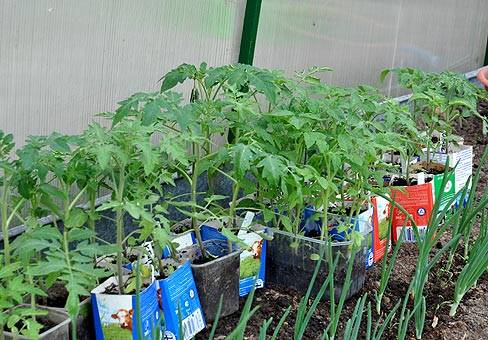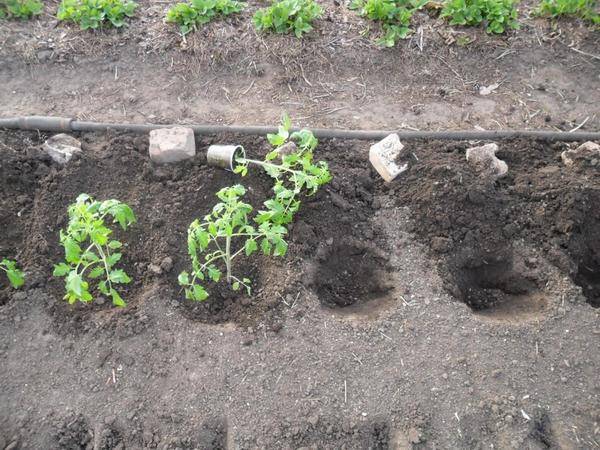Content
There are a lot of varieties and hybrids of tomatoes. Breeders in different countries annually breed new ones. Most of them grow well in regions with warm climates. It should be so - tomato is a southern culture and loves warmth. There are few tomatoes that are capable of producing fruit in the northern regions, and especially in the open field. Each such grade is simply worth its weight in gold. Among them is the old, but still not lost its significance, tomato Moskvich, its description and characteristics are given below. Muscovite tomato in the photo.
Feature and Description
The Moskvich tomato variety was included in the State Register of Breeding Achievements back in 1976. It was created at the Institute of General Genetics. N.I. Vavilov from crossing the varieties Nevsky and Smena 373 and is intended for cultivation in many regions, including the Arkhangelsk and Murmansk regions, the republics of Komi and Karelia. The growing conditions there are truly extreme. And the Moskvich tomato not only withstands them well, growing in the open field, but also gives a good harvest of tomatoes, most of which turn red on the vine. And now more about the Moskvich tomato.
- The Moskvich variety is early maturing. In the open field, the first ripe tomatoes can be tasted already on the ninetieth day. In a cool summer, this period is extended by 1.5 weeks.
- Tomato Moskvich belongs to the determinant varieties. It independently ends its growth when 3-4 brushes are formed on the main stem.
- The bush of the Moskvich variety is standard, strong. Its height does not exceed 40 cm. The leaves are dark green, slightly corrugated. The foliage is not strong.
- The recommended planting distance is 40 cm between plants in a row, 60 cm between rows. If the bush is not pinned, it greatly expands in width due to the stepsons.
- Tomato varieties Moskvich can not be pinned. But if you remove the stepchildren under the lower flower brush, the harvest will ripen earlier, and the tomatoes will be larger, but their total number will decrease. With partial pinching, the bushes can be planted more often - up to 8 pieces per sq. m. Such a planting will increase the yield of Moskvich tomato per unit area, but more seedlings will have to be grown. With a normal planting, the yield is up to 1 kg per bush.
And now more about the tomatoes themselves, which are shown in the photo:
- their average weight ranges from 60 to 80 g, but with good care it can reach 100 g;
- the color of the fruit is bright red, the shape is round, sometimes slightly flattened;
- the taste of the fruits is sweetish, the sugar content is up to 3%, dry matter - up to 6%;
- the use of Moskvich tomatoes is universal, they are good fresh, keep their shape and do not crack when pickled and salted, they make good tomato paste;
- in the north, the fruits are best picked brown and ripened.
The description and characteristics of the Moskvich tomato variety will be incomplete, if not to say about its high adaptability to any weather disasters and resistance to many diseases of the nightshade. The reviews of those who planted the Moskvich tomato confirm this.
Good adaptability and short stature make it possible to grow these tomatoes on a windowsill or on a balcony.
Growing features
The Moskvich tomato is grown in seedlings. You need to sow it in late March or early April. At this time, there is already enough light and the seedlings will not stretch.
Growing seedlings
Seeds from the store and those that have been harvested in their garden need to be prepared before sowing. On their surface, pathogens of various diseases of tomatoes can be contained. To get rid of them, their seeds are disinfected in a solution of potassium permanganate with a concentration of 1% or in a warm 2% solution of hydrogen peroxide. Tomatoes are kept in potassium permanganate for 20 minutes, and in peroxide it is enough to hold the seeds for 8 minutes. After disinfection, the seeds are washed in running water and soaked in a growth stimulant solution. They are kept in solution for no more than 18 hours.
To do this, you need to prepare a seed mixture of equal parts of purchased peat soil, sand and vermicompost. It is moistened and the seed containers are filled with it.
The seeds can be sown immediately in separate small containers. Then they are grown without picking, simply transferring them after 3-4 weeks into larger cups. 2 seeds are sown in each glass or cassette. After germination, the excess plant is not pulled out, but cut off so as not to injure the roots of the tomatoes.
The container is filled with the prepared mixture, grooves are made in it with a depth of 1.5 cm. The distance between them is 2 cm. The same is between the seeds in a row. The sprinkled seeds can be covered with snow. Melt water is good for seeds. It increases their germination energy and hardens at the same time.
A bag of polyethylene is put on a container with sown tomato seeds Moskvich and it is placed in a warm place. Plants do not need light yet. But he will be very needed as soon as the first shoots appear. The container is placed on a light, preferably southern windowsill. Reduce the nighttime and daytime temperatures by 3-4 days to 12 and 17 degrees, respectively. This is necessary so that the seedlings do not stretch out.
In the future, the temperature should be maintained during the day at least 20 degrees and not higher than 22 degrees, and 3-4 degrees cooler at night.
Seedlings of a tomato of the Moskvich variety need to comply with the irrigation regime. You need to water it only when the soil in the pots dries up.
The appearance of a pair of real leaves reminds that it is time for Moskvich tomato seedlings to dive. She is seated in separate, better opaque cups, trying to preserve the root system as much as possible.
After picking, Moskvich tomato seedlings are shaded for several days from direct sunlight. In the future, it is watered and fed a couple of times with full soluble fertilizer at a concentration half less than for top dressing in the open field. One and a half month old tomato seedling Moskvich is ready for transplantation.
Soil preparation and planting seedlings
Moskvich tomatoes love fertile soil. Therefore, the beds are prepared in the fall, adding at least a bucket of humus or well-rotted compost for each square meter when digging. m. Since autumn, superphosphate is also added in an amount of up to 70 g per square meter. m beds. In the spring, during harrowing, a tablespoon of potassium sulfate and 2 glasses of ash are introduced.
As soon as the soil temperature rises above 15 degrees, young plants can be planted. For each tomato Moskvich dig a hole, which is well spilled with warm water.
After planting, the ground around the bushes is mulched, and the Moskvich tomato plants themselves are covered with non-woven material. So they take root better.
Outdoor care
Water the plants with warm, settled water once a week before flowering and twice during flowering and pouring the fruits. As soon as the Moskvich tomato crop is fully formed, watering should be reduced.
Moskvich tomatoes are fed every 10-15 days. It depends on the fertility of the soil in which it grows. For this, a complete soluble fertilizer containing the trace elements necessary for a tomato is suitable. As soon as the plants bloom, the potassium application rate is increased and fertilizing with calcium nitrate is carried out to prevent apical rot.
After each watering, the soil is loosened. During the season, 2 hilling are carried out, necessarily after watering or rain.
Tomatoes of the Moskvich variety give the harvest in unison. To increase it, fruits are harvested in blanche ripeness. The rest of the tomatoes will grow faster.
More information about caring for tomatoes in the open field can be seen in the video:
